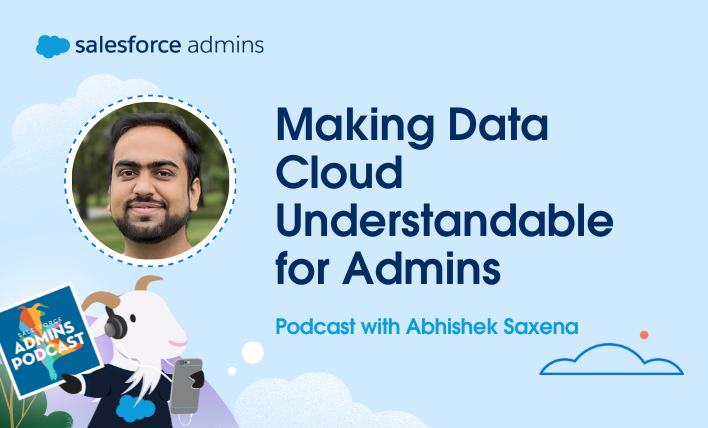Today on the Salesforce Admins Podcast, we talk to Eddie Cliff, VP of Product Management at Salesforce. Join us as we chat about Salesforce Foundations and how it can give you access to even more capabilities within Sales, Service, and beyond. You should subscribe for the full episode, but here are a few takeaways from […]






